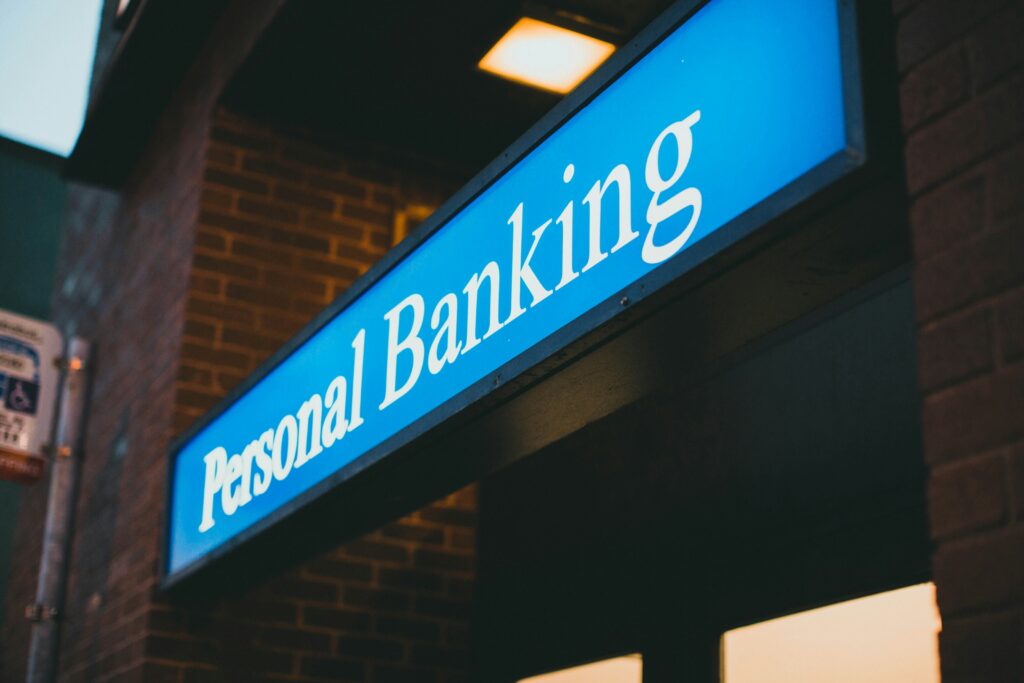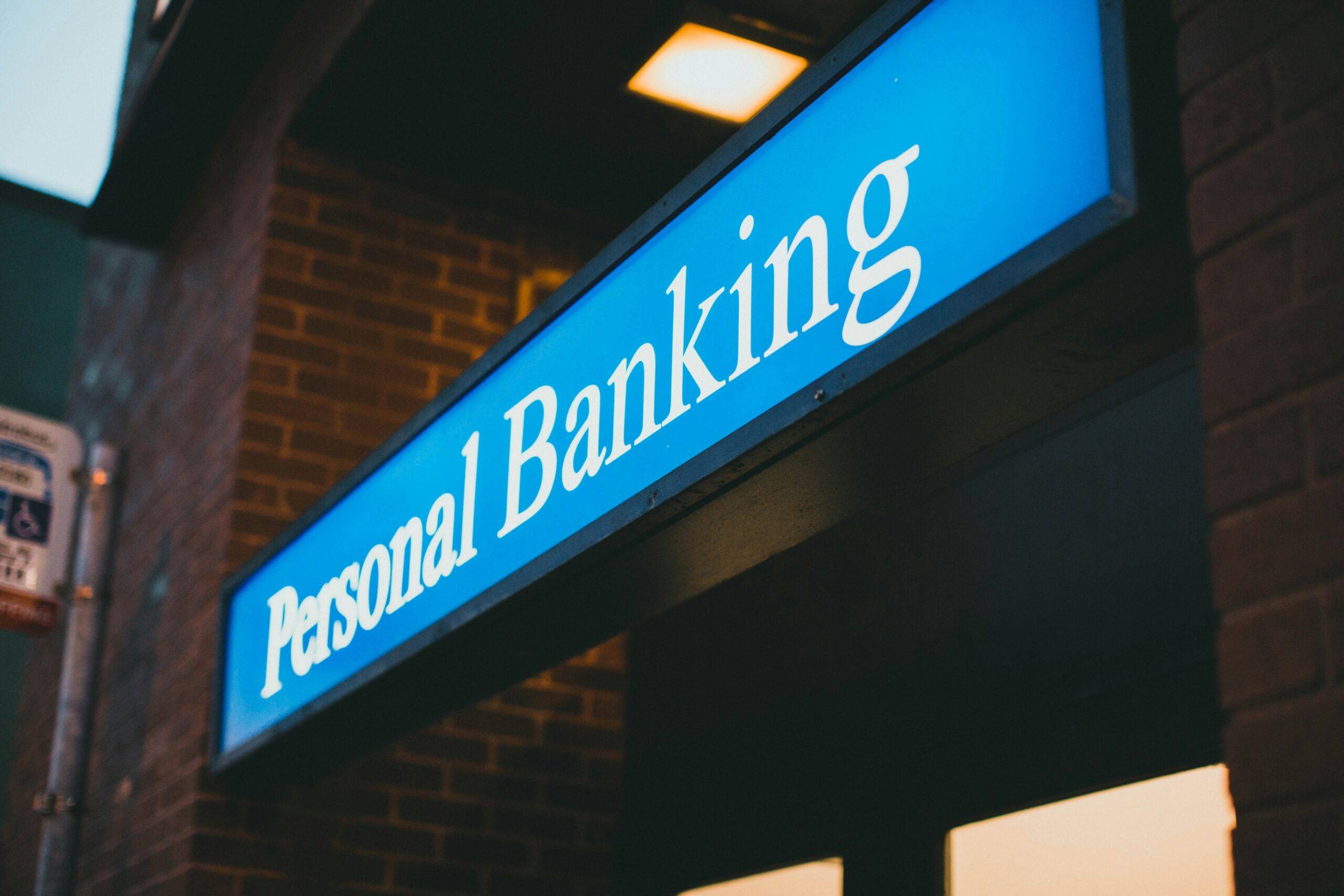Understanding bad credit and its implications is essential for navigating personal loans. This guide covers what constitutes bad credit, factors affecting credit scores, and explores various borrowing options including traditional banks, credit unions, online lenders, and peer-to-peer platforms. Learn how to prepare for your loan application, manage your personal loan responsibly, and improve your creditworthiness. Gain valuable insights into loan terms, interest rates, and effective strategies for managing debt, ultimately empowering you to make informed financial decisions and enhance your financial stability by securing favorable loan terms despite credit challenges.
Understanding Bad Credit and Its Implications
Bad credit is typically characterized by a low credit score, which is a numerical representation of a borrower’s creditworthiness. Credit scores range from 300 to 850, with scores below 580 classified as poor or bad credit. Several factors contribute to a low credit score, including but not limited to missed payments, high credit utilization, length of credit history, and the presence of derogatory marks such as delinquencies or bankruptcies. Understanding these elements is crucial for individuals seeking to improve their financial standing and eligibility for loans.
The implications of bad credit can be significant, especially when it comes to applying for personal loans. Lenders often view individuals with poor credit as higher-risk borrowers, which can lead to various challenges throughout the borrowing process. One of the most common consequences of bad credit is the likelihood of receiving higher interest rates. This is because lenders compensate for the perceived risk by charging more, making it more difficult for borrowers to manage payments effectively.
Additionally, the options available for individuals with bad credit tend to be limited. Many traditional lenders may outright deny loan applications from borrowers with low credit scores, reducing the available avenues for financing. Alternative lenders may be more willing to extend loans to those with bad credit; however, these loans often come with even higher interest rates and less favorable terms. Consequently, borrowers may find themselves in a cycle of debt, as high monthly payments can strain their finances further.
In summary, understanding what constitutes bad credit and the factors that contribute to a low credit score is essential for navigating the loan process. Acknowledging the implications of bad credit empowers borrowers to make informed decisions and take steps toward improving their creditworthiness, ultimately increasing their chances of securing a personal loan on more favorable terms.

Exploring Options for Personal Loans with Bad Credit
Obtaining a personal loan with bad credit can seem daunting. However, there are several options available that may cater to those facing credit challenges. Each option varies in terms of eligibility, loan terms, interest rates, and application processes, allowing borrowers to choose the route that best aligns with their financial situation.
Traditional banks are often the first option many individuals consider. However, they typically have strict lending criteria, making it difficult for those with poor credit to secure a loan. Applicants usually need to demonstrate strong creditworthiness, which can be challenging for those seeking a personal loan with bad credit. Should they meet the requirements, loan terms and interest rates offered by banks are generally competitive. Yet, it’s important to note that the approval process can be lengthy, often involving significant documentation.
Credit unions represent another alternative. These member-owned institutions tend to have more flexible lending criteria compared to traditional banks. They may offer lower interest rates and more favorable terms for personal loans. However, becoming a member may require a small fee or meeting specific eligibility criteria, such as residing in a particular area or working in certain industries. Those with bad credit may find that credit unions are more willing to work with them, thus offering a viable solution.
Online lenders have gained popularity for personal loans, particularly for individuals with challenging credit histories. Their streamlined application processes can result in quicker approvals, often within a day or two. While online lenders may charge higher interest rates than traditional financial institutions, many focus on the borrower’s income and overall financial situation rather than just their credit score. This can open pathways for applicants who might otherwise be turned away.
Lastly, peer-to-peer lending platforms provide an innovative approach to securing personal loans. These platforms connect borrowers with individual lenders, often leading to less stringent eligibility criteria. However, interest rates can vary significantly, and it’s essential to scrutinize the terms before committing. Understanding the diverse options available allows individuals to navigate the loan landscape more effectively, even with bad credit.
Preparing for Your Personal Loan Application
When contemplating a personal loan application, particularly for individuals with bad credit, preparing effectively can make a significant difference in the outcome. The first step is to take a close look at your current credit situation. Obtain a copy of your credit report and review it for any inaccuracies or discrepancies. Rectifying these errors can enhance your creditworthiness and may positively influence the lender’s decision.
Another essential aspect of preparation is to improve your credit score prior to applying. While it may be challenging to raise your credit score significantly in a short period, there are small steps you can undertake. Paying down existing debts, making all payments on time, and keeping credit utilization ratios low are practical measures. Furthermore, if possible, consider becoming an authorized user on a family member’s credit card, as this can provide a boost to your credit history.
In addition to focusing on credit, gathering the necessary documentation is crucial. Lenders typically require proof of income, such as pay stubs or tax returns, as well as identification. Other documents may include bank statements and proof of residence. Having these ready can expedite the application process, showcasing your organizational skills and responsibility.
Understanding lender requirements is equally important. Different lenders have varying guidelines for assessing personal loans, particularly when it comes to bad credit. Research and select institutions that specialize in offering loans to individuals with similar financial backgrounds. Being transparent about your financial situation during the application process is also vital. Open discussions regarding your credit history and current financial obligations can build trust with lenders, potentially leading to better loan terms and conditions.
Managing Your Personal Loan Responsibly
Once you have secured a personal loan, managing it responsibly is crucial to ensure financial stability and avoid further complications. Timely payment of loan installments is fundamental. Setting up automatic payments can help guarantee that you do not miss due dates, which can result in late fees and negatively impact your credit score. Often, lenders provide a grace period, but consistently meeting payment deadlines demonstrates financial responsibility.
It is also essential to have a clear understanding of the loan terms, including the interest rate, repayment period, and any associated fees. By familiarizing yourself with all these aspects, you will be better equipped to handle any challenges that may arise during the loan’s lifecycle. Additionally, understanding the total cost of the loan can enable you to create an appropriate budget, ensuring you are not caught off guard by unexpected expenses.
A common pitfall to avoid is taking on more debt while managing your personal loan. It can be tempting to use credit cards or take out additional loans when faced with financial strain, but this can lead to a cycle of debt that may become increasingly difficult to escape. Instead, prioritize your current repayment obligations before considering further borrowing. If you find yourself struggling, it is advisable to contact your lender to discuss possible options such as restructuring the loan or exploring hardship programs.
Monitoring your credit score regularly post-loan is also important. This allows you to track your financial progress and understand how your current borrowing impacts future loan opportunities. By doing so, you can work towards improving your creditworthiness over time, which can be beneficial if you wish to secure better loan terms in the future. Overall, responsible management of your personal loan can pave the way for improved financial health.
